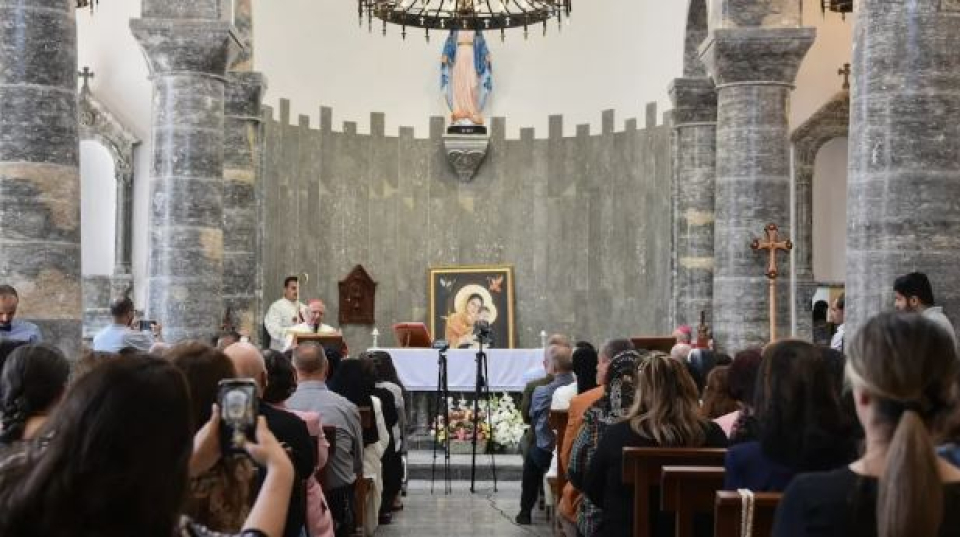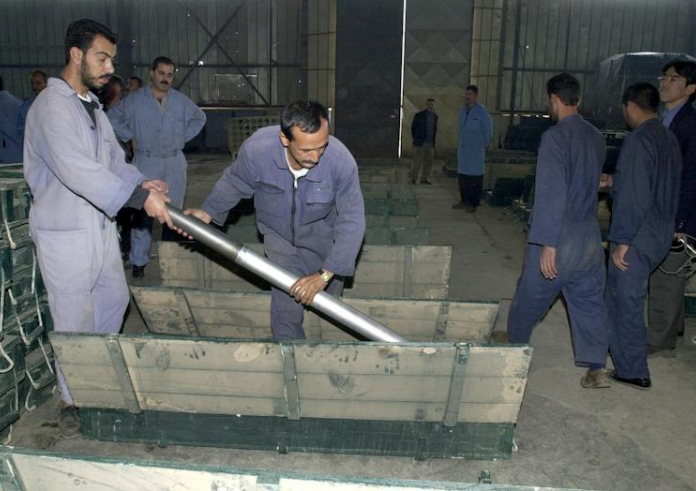Ten years after the Islamic State of Iraq and Syria (ISIS) displaced thousands from Mosul and the Nineveh Plain, Christians are cautiously returning to their homes and rebuilding their lives. Despite the military defeat of ISIS, the ideology that fueled its rise remains a threat, according to two Catholic bishops from Iraq. They stress the need to continue combating this ideology to ensure lasting peace and security in the region.
The Christian communities are also vigilant about other regional conflicts, particularly in Gaza and Lebanon, fearing that escalation could once again target them or result in collateral damage. Many Iraqi Christians, who have faced repeated persecution, only return if they have secured a means of escape, such as dual citizenship or permanent residency in Europe or North America.
The violent displacement of Christians in the summer of 2014 by ISIS, which the US inadvertently helped create through its policies in the region, is still a vivid memory. Thousands fled their ancestral villages on August 6, 2014, seeking refuge in Iraqi Kurdistan. ISIS's brutal tactics, including beheadings, spread terror far beyond Iraq, reaching as far as Libya.
The group also launched genocidal campaigns against the Yazidi people and destroyed numerous historic and cultural sites. With assistance from US forces, Iraqi and Kurdish militaries ultimately defeated ISIS and recaptured territories, including Mosul, by 2019. However, the displacement of Christians was significant, with many becoming internally displaced or leaving Iraq entirely, further diminishing a community already weakened by previous conflicts and persecutions.
The challenge now is to ensure the safety and stability of returning populations while addressing the root causes of extremism and conflict in the region.

















